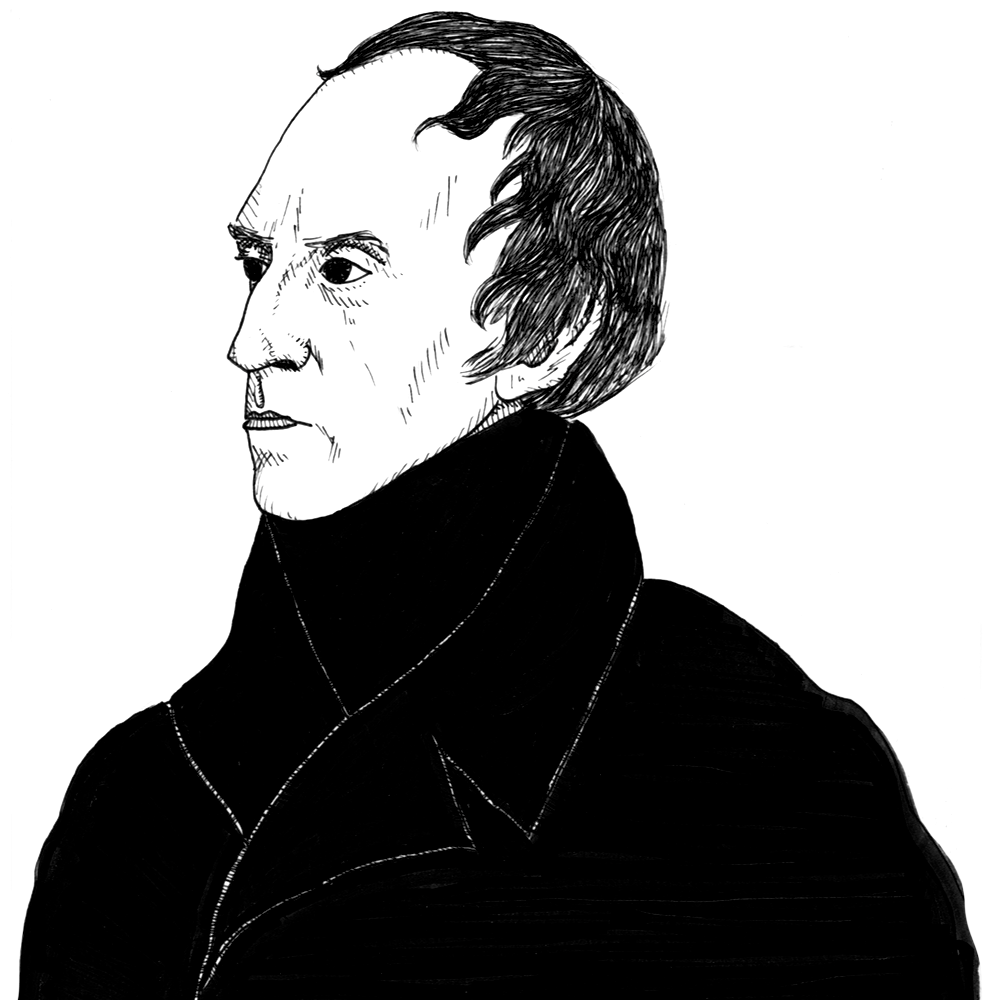
Guizot on the legitimacy of state power and its limits (1851)
Found in: The History of the Origins of Representative Government in Europe
The French historian and politician François Guizot (1787-1874) reflects on the nature of political power and the role of representative government in keeping it within limits. He believed the “will of the people” had to be strictly limited by “reason, justice, and truth” in order not to violate the liberty of others:
The State
What is true concerning the child and the imbecile is true of man in general: the right to power is always derived from reason, never from will. No one has a right to impose a law because he wills it; no one has a right to refuse submission to it because his will is opposed to it; the legitimacy of power rests in the conformity of its laws to the eternal reason—not in the will of the man who exercises, nor of him who submits to power.